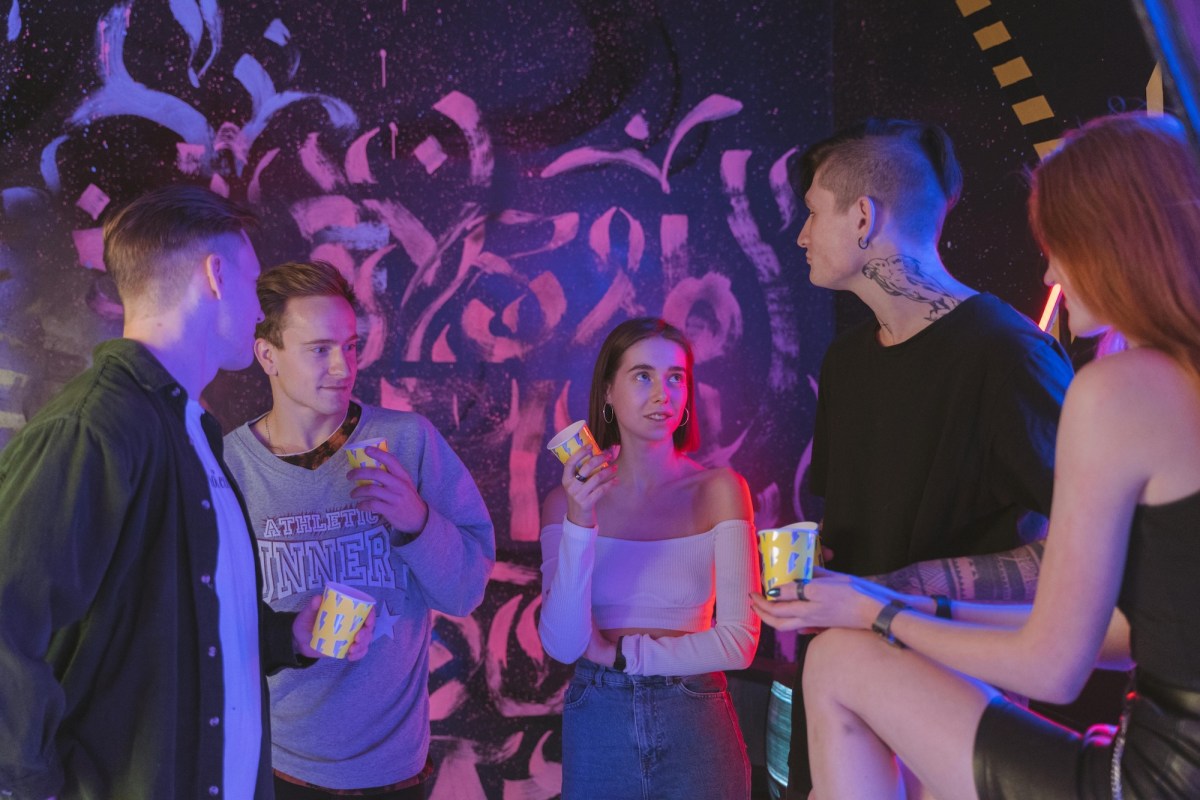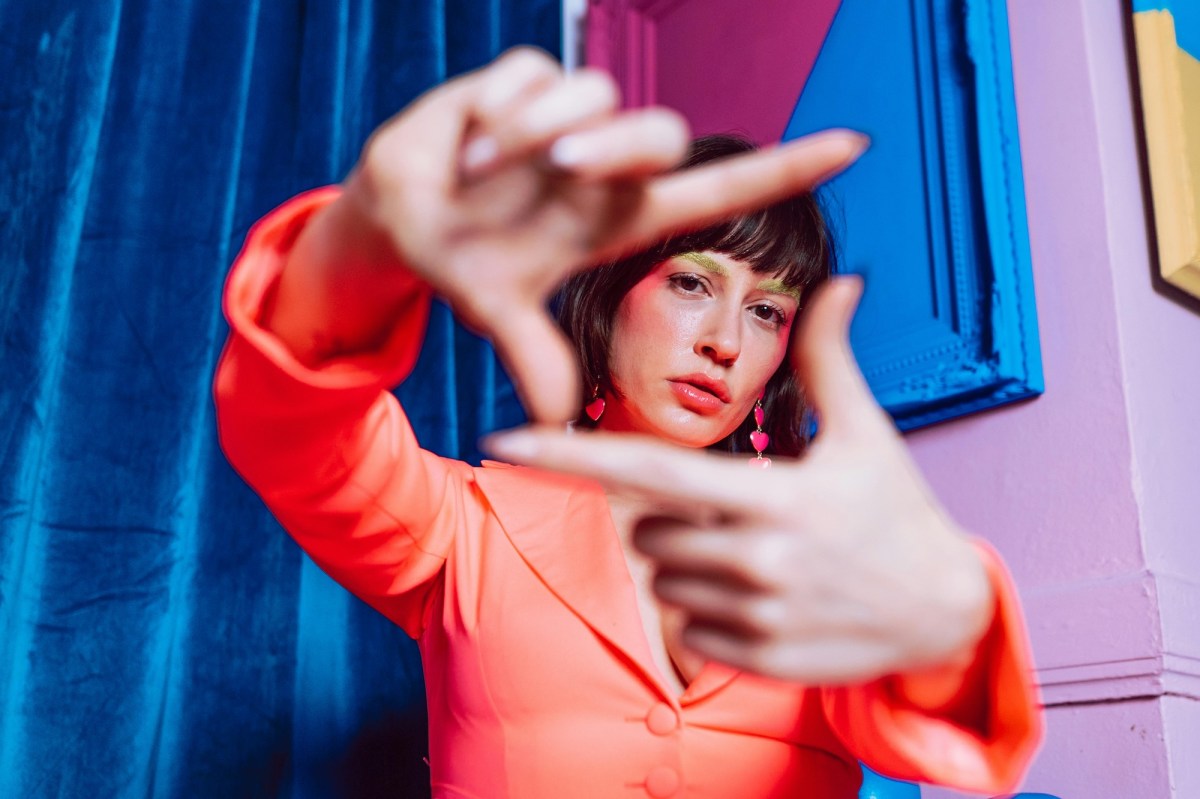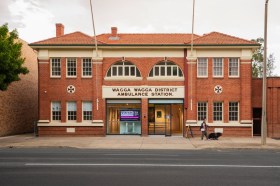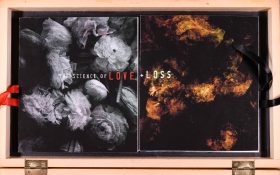Eventbrite’s most recent trend report – TRNDS 2025 – opens with a much-welcomed prediction: “We’re calling 2025 ‘The Year of Opportunity’ … in fact, 71% of organisers told us that’s exactly how they’re feeling.”
The annual report takes the pulse on the most current views by event-goers and – their counterparts – the venues that attract them.
In short:
- Eight in 10 event-goers are planning to attend either the same number of events, or more, compared to last year.
- Gen Zs, in particular, are looking to add more live experiences to their calendars.
- One-third (36%) of Gen Zs say they plan to spend more money on events in the coming year.
- Over half (51%) of consumers are likelier to attend an event if they pay in instalments.
- A large proportion of event-goers (42%) are purchasing tickets one to three months in advance.
- Two-thirds (65%) of consumers are hungry for transformative experiences.
Fascinating results – and, yes, we agree they may be optimistic given the recent downturn in the economy. So, let’s take a deeper dive into some of Eventbrite’s findings.
How important are Gen Z to the ticketing landscape?

Eventbrite reports, “Gen Z spending intentions are strongest, with 36% looking to spend more on events in 2025.” This is a significant piece of data for arts organisations, shaping their marketing campaigns and program offerings.
How are they learning about events? Eventbrite’s data shows that 30% of tickets sales are driven by TikTok and 48% via Instagram, while the more traditional marketing reach via word of mouth, is significantly less at just 24%.
How they buy tickets for events is also surprising. Only 4% will buy tickets in the week of the event. Clearly, Gen Z are a lot more organised than they are sometimes believed to be.
Well over a third (42%) will buy tickets to events one to three months in advance, with 36% more than three months ahead, and 18% in that two- to three-week window. This, of course, makes sense, when we consider the types of events that are promoted through Eventbrite’s service.
How – and how much – are people spending on events?
A heartening outcome of TRNDS 2025 is that three-quarters (76%) of consumers want to spend the same or more on events this year.
Curiously, 51% of consumers are more likely to attend an event if they pay in instalments. This is a big learning in terms of how arts organisations offer their ticketing options.
With regard to event organisers, the study shows that the highest income stream associated for an event is from food and beverage sales at 46%.
Interestingly, it is higher than revenue from sponsorships (37%), merchandise (27%) and VIP packaging premium experiences (26%). These outcomes are a good indication of where arts organisations should be placing their efforts in the revenue mix.
Getting seen: what TRNDS 2025 tells us
Eventbrite notes, “The golden question is: how do you make your events unmissable in 2025?” It’s what all arts producers want to know, especially what motivates an event-goer to commit.
The trends observed in ticketing data and interviews reveal a number of drivers on the upswing – community, self-improvement and transformative experience.
“This year will be all about self-improvement, especially for Gen Zs,” says Eventbrite. “From career development and getting fit to mindfulness and spirituality, consumers are hungry to be better versions of themselves and are looking to shared experiences to help them improve their lives.”
- Six in 10 (57%) consumers are looking for a year of personal growth, which rises to three-quarters (72%) for Gen Z.
- More than half of Gen Z respondents (52%) declared 2025 as their ‘Year of Leveling Up’, focusing on career development, networking and pursuing personal goals.
A high percentage – two-thirds (65%) – of consumers are hungry for transformative experiences. These can take several forms, but for 53% they are events that improve their lives.
For 52%, there is a desire for events that positively impact their mental health, while 48% are turning to events that promise to reset or re-energise them.
These are pretty high numbers, and offer a good indicator to arts organisations as to how they should tailor their public programming to appeal to this body of eager event-goers.
Events focused on career growth on Eventbrite increased by 5.6% in 2024. It’s not what you would call a spike, by any stretch, but it is on the upward trajectory.
On the pendullum swing from career growth, however, is escapism. It is not surprising this is perhaps the biggest upward trend quoted as the motivation to attend an event.
“In 2024, we identified a desire to reconnect with nature, and that spirit lives on with an added hunger for adventure and activity. In 2025, 60% of consumers told us they want to connect with and immerse themselves in nature – and 77% are willing to pay more for such events,” says Eventbrite.
“What’s more, consumer desire for sports (47%) and group fitness activities (41%) outweighs the number of events being hosted (at 21% and 13%, respectively), meaning there’s a gap in the market for organisers who can deliver adventurous outdoor group activities.”
A number of galleries, for example, have embraced the growing trend of offering yoga in their spaces.
Hiking events have increased 87% year-on-year on Eventbrite. It is a statistic that begs a bit of creative thinking to apply to the creative sector. All in, 64% of organisers believe people will be looking for more niche events in 2025.
And, remember, social media has become the biggest driver for event discovery, especially for younger generations – 64% of Gen Z and 61% of Millennials use the platforms to find things to do.





